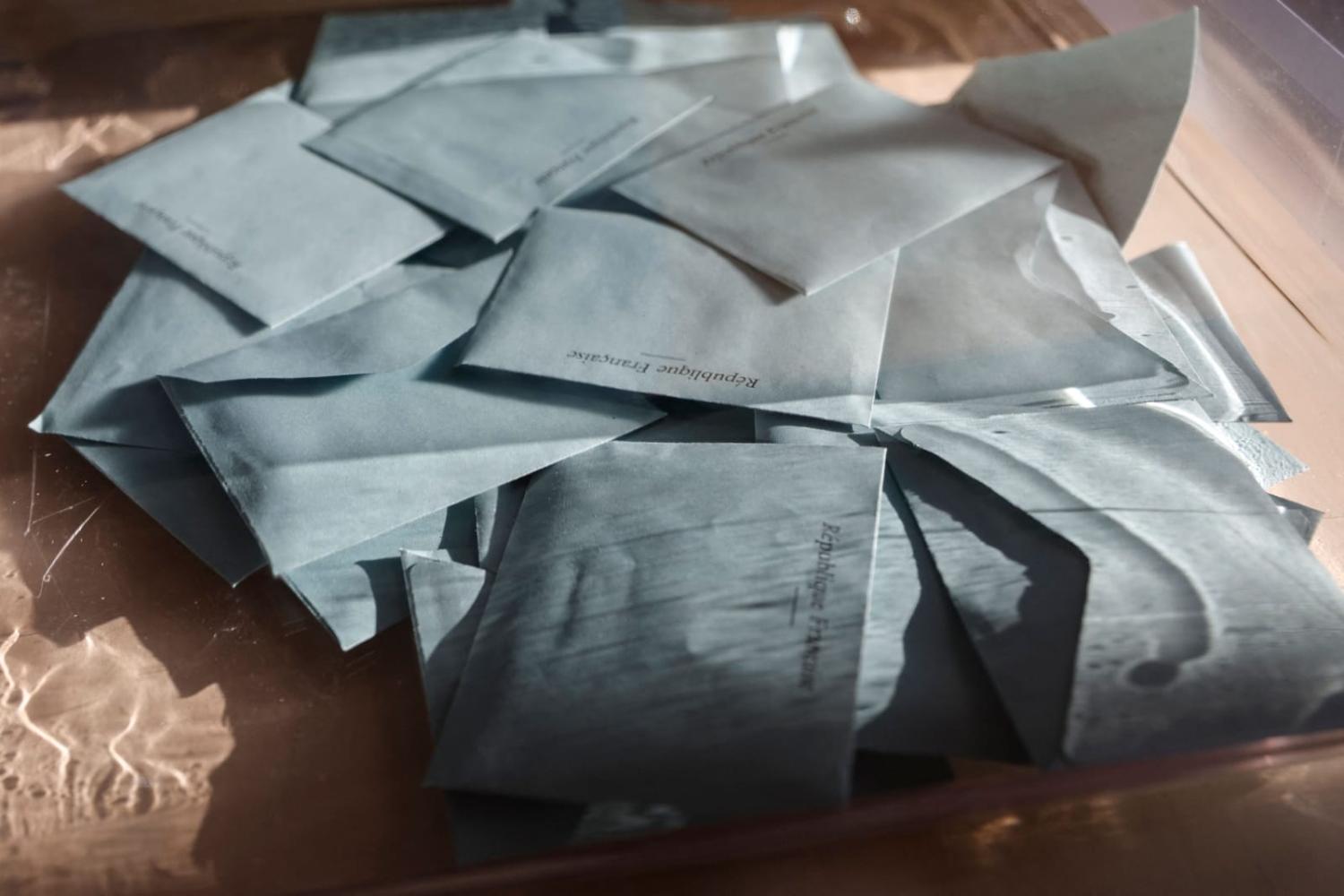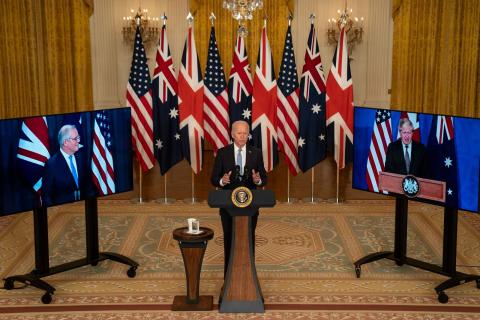France held its national senatorial elections on 24 September 2023, coincidentally the 170th anniversary of France claiming possession of New Caledonia in 1853. Of two New Caledonian senators elected to the French parliament, one was pro-independence leader Robert Xowie, Kanak mayor of Lifou island. It marks the first time a New Caledonian independence party will be represented in the Senate, and only the second time in the parliament overall, after Roch Pidjot served in the National Assembly from 1969 to 1986.
The win was extraordinary for many reasons, not least as a reminder to France of the political realities: pro-independence unity and strength, and careless presumption amongst loyalists.
An electoral college of 578 elected New Caledonians (national and local politicians, mayors and municipal councillors) vote in Senate elections. Of those, 330 were loyalists, and 248 independence supporters. They elected two Senators, loyalist Georges Naturel, and pro-independence Xowie. Yet the numbers indicate that each received support from the opposite camp, Naturel securing 351 votes in the first of two rounds, winning outright; and Xowie 259 in the first and 307 in the second.
Loyalists were divided, and presented multiple candidates, to their detriment. These included Sonia Backès, leader of the major loyalist coalition, and a favourite of French President Emmanuel Macron, who was roundly defeated. France’s Interior Minister Gerald Darmanin had publicly expressed support for Backès on the eve of the vote, and was accused of partiality by independence leaders.
Macron had appointed Backès as a national minister, the first New Caledonian accorded that honour, after the three independence referendums 2018-2021 favoured staying with France – albeit with a massive boycott of the third by independence supporters, following their significant support of 43% and 47% in the first two. Independence leaders excoriated the appointment.
Clearly some independence supporters, together with many loyalist voters, supported Naturel over Backès to defeat her in the first round. The outcome is a bitter defeat for her, and a strong message of sanction to Macron from the independence camp. Backès has since resigned her ministerial position.
In the past, independence parties have put forward candidates, but gave Senate elections little priority in a system they see as colonial. This time they ran a united and dedicated campaign with one candidate. Their strategy succeeded.
Local analysts have presented the win as a symbolic negative response to proposals put by France about New Caledonia’s future status. Macron visited Noumea in July, proposing a “path of forgiveness” for the future, seeking agreement on a new statute and numerous complex and controversial issues, by early 2024. In Paris in early September, he presented a rough draft as a basis for discussion. While not ruling out future discussion, independence leaders have rejected the draft, which they say does not reflect their proposals, advanced in nine discussions with France over the last year.
Indications about the draft’s content show an apparent deafness to independence party views. The current draft claims New Caledonians voted to stay with France, when independence leaders reject the third, boycotted, referendum and call for another. It refers to a possible self-determination act, but only after two generations (generally accepted to mean 60–70 years). It walks back some provisions already obtained under the now expired Noumea Accord. For example, instead of New Caledonia’s current devolved responsibility to conduct regional affairs, France proposes that it must take into account French national foreign policy in regional groupings, explicitly citing the Pacific Islands Forum.
Xowie’s Senate win has several consequences, all of which complicate France’s plans for securing early agreement about the future. Loyalists, already wary of growing pro-independence influence, feel more insecure. Official statistics show 1300 departed (of a population of 270,000) in 2022 alone. They will therefore not resile from entrenching New Caledonia firmly with France. They will need to close their disparate ranks to secure this.
Independence leaders will be heartened by their Senate win. They will prioritise their calls for another independence vote, seeking international support.
As for France, Macron, now in his final presidential term, is unlikely to budge from the nationalist stance of keeping New Caledonia within France’s fold. His own Indo-Pacific policy is based on sovereignty in the Pacific, notably in New Caledonia, France’s regional military headquarters. He is unlikely to brook further challenge to that sovereignty.
Pacific Islands Forum countries such as Australia have been silent about developments in New Caledonia as discussions about the future take their course. Silence may become untenable as independence parties seek support for impartial democratic processes, by exerting pressure within the archipelago, but also on an increasingly complex international stage.


